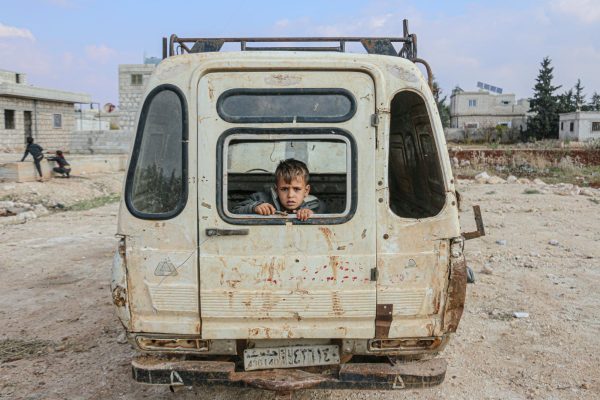Controversy over National Security Heats up in the Midst of India’s Presidential Election
Indian Prime Minister Narendra Modi cast his ballot in the third and largest phase of India’s staggered presidential election this Tuesday, April 23, joining millions of Indian voters.
There are 188 million eligible voters among India’s population of 1.339 billion people, spread across 117 constituencies and 15 states, reports Reuters. So far, 303 of parliament’s 545 seats have been voted on. According to the Indian election commission, only about two-thirds of the eligible voters cast ballots in the election.
“IED is a weapon of terrorism, and voter ID is a weapon of democracy,” Prime Minister Modi told reporters after voting, referring to improvised explosive devices and voter identification cards. “I believe the voter ID is much more powerful than an IED.
The general election, which has seven phases, began on April 11 and will end on May 19. Votes will be counted on May 23. The ruling Bharatiya Janata Party (BJP) has aggressively pushed Modi’s national security record as it seeks to deflect opposition accusations of economic mismanagement, inadequate job creation and widespread farm distress. The opposition Congress party believes economic progressivism is more important than national security at this point in India’s development.
Nationalist violence flared in the eastern district of West Bengal, killing one Congress worker and injuring three others. A local faction, the Trinamool Congress, denied claims from the Indian government that they were responsible for the violence.
Modi addressed voters as he left the polling place, referencing the Sri Lanka attacks of Easter Sunday, which saw 321 killed and another 500 injured. He noted a massive progression in Indian national security since 2014.
“I feel the BJP is hell-bent on running this campaign on national security,” said Rahul Verma, a fellow at the Centre for Policy Research, a New Delhi-based think-tank. “Basically, if they bring up any other thing, they would be on difficult terrain, like on economic issues or on their performance.”








